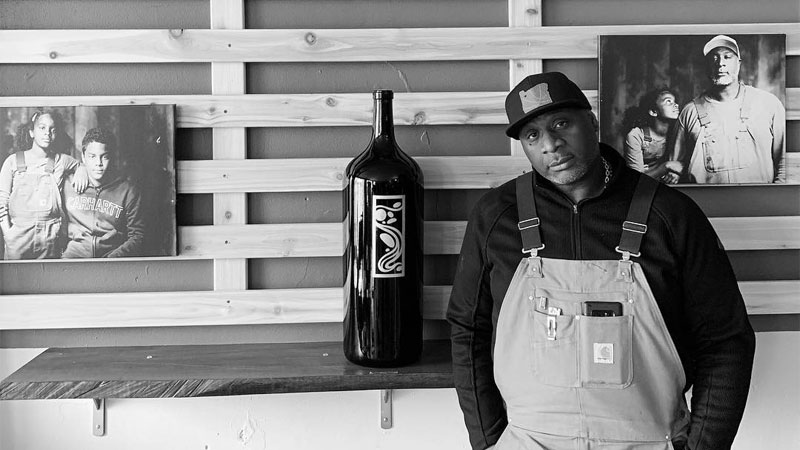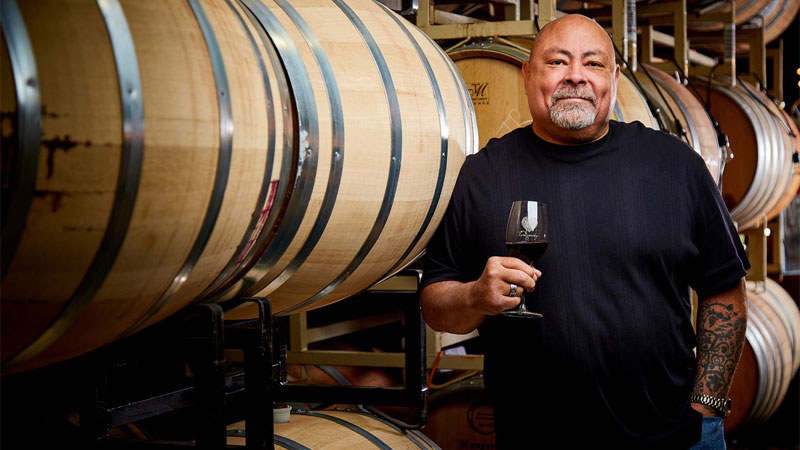What started as a call for justice for George Floyd, an unarmed black man in Minnesota who was killed by a white police officer in May, has evolved into a movement greater than anyone likely expected: People in every single U.S. state — as well as 18 countries — have taken to the streets to denounce police brutality and to upend the system as we know it, in a quest to establish a new one, a better one that seeks to effectively and equally protect communities that have long suffered racially charged disparities.
More than just flooding cities at Black Lives Matter protests, chanting the names of lost loved ones, and advocating for equality, people are taking action. Petitions were signed by the millions and local governments have been bombarded with calls and emails from residents demanding change, resulting in Democrats introducing new legislation aimed at police brutality and racial injustice. In New York, Gov. Andrew Cuomo signed bills banning the use of police chokeholds in addition to ridding the state of a law that allowed officers’ disciplinary records to remain secret. In Minneapolis, where Floyd was killed, council members voted to disband its entire police force to establish a new system of public safety.
But the power of public protest isn’t just shaking up the policing system. Along with those calling for change are dozens of people using their voices and platforms to encourage others to show their solidarity with the Black community by uplifting their businesses, shopping at their stores, ordering from their restaurants, and even drinking their wine.
Don't Miss A Drop
Get the latest in beer, wine, and cocktail culture sent straight to your inbox.Within the first two weeks of June, media outlets and wine influencers shared lists highlighting Black-owned wineries, tasting rooms, and wine shops to support right now. And their efforts to raise awareness of the small but growing fleet of Black producers within the U.S. wine industry are already having an impact for some.

“It was great to see all the publicity, and it validated my belief that the best consumers are ones that seek to intentionally choose where to spend their dollars,” says Bertony Faustin, owner and winemaker of Abbey Creek Winery in Oregon. “We saw an increase in sales thanks to the intent of the consumers.”
Faustin, who became Oregon’s first-recorded black winemaker after launching Abbey Creek in 2008, has long championed for more representation in the U.S. wine industry, of which fewer than 60 wineries are helmed by Black Americans despite the roughly 11,000 in existence across the country, according to Statista. The staggering lack of Black-owned wineries is one of the reasons why he produced his own documentary, “Red, Wine and Black,” to help change perceptions of Black people within the industry. It’s also why he’s working with kids from the Portland Opportunities Industrialization Center and a local high school to give them a chance to experience the world of wine and to ensure that he’s not Oregon’s first and last Black winemaker.
Phil Long, owner and head winemaker of Longevity Wines in Livermore, Calif., and president of the Association of African American Vintners (AAAV), is saddened by the means of which Black-owned wineries are receiving so much buzz as of late, but couldn’t deny the impact social media messages of support was having on his business. He says Longevity has seen a large surge of online orders in recent weeks and the winery’s Instagram is gaining new followers by the hundreds daily since people started paying more attention to Black winemakers. He’s even seen a massive increase of new members joining the AAAV.
“There has been a surge in membership in the last week of 40 percent more members year to date. We’re getting more and more members and inquiries every day,” he says.

If the online orders aren’t telling, the dwindling supply on shop shelves is. At Bed Vyne, a boutique wine shop in Brooklyn’s Bed Stuy neighborhood, company partner Michael Brooks says not only has online store traffic picked up tremendously in light of the protests and wave of people looking to support Black businesses, but its inventory of wines by Black producers like Andre Mack’s Maison Noir, for instance, is selling out at rapid pace. “We’ve been re-ordering on a weekly basis because so many of them just sell out,” Brooks says.
One of the first wine shops to open in the neighborhood, wine education has always been a top priority at Bed Vyne, along with promotion of the store’s selection of products by Black producers. Brooks says the influx of customers specifically seeking out bottles from Black winemakers is making the shop’s work all the more rewarding.
“This is an opportunity for more Black producers to get recognition they deserve and open the doors for more Black people working in wine,” Brooks says.
There’s still much work to be done in terms of inclusion within the wine industry in the U.S. and on a global scale, but the uptick in awareness and exploration of Black-owned wineries here in the states is a good place to start, and it’s one that winemakers of color hope will last, not to mention, possibly lead to more opportunity.
For Long, he believes the attention surrounding Black wine professionals right now is the gateway for the industry leaders of tomorrow and young people who may not have known a career in wine was even a possibility. While customers can keep the support going by continuing to explore the vast range of wines produced by Black winemakers all across the U.S., the AAAV is making it a point to keep the momentum going through education and sponsorship programs for young Black winemakers-in-the-making. Founded by Edward Lee McDonald in 2002, the non-profit organization is already fostering a community and spreading the word of the wineries it works with — Longevity, Theopolis Vineyards, McBride Sisters, and Vision Cellars, to name a few — but it’s putting a greater emphasis on its educational resources, mentorships, and scholarships, including its partnership with the United Negro College Fund for students hoping to work in wine.
“We’re trying to say that yes, African Americans can do this. We have done it. We do it well. We can do it just as good as anyone else,” Long says.
This story is a part of VP Pro, our free content platform and newsletter for the drinks industry, covering wine, beer, and liquor — and beyond. Sign up for VP Pro now!
